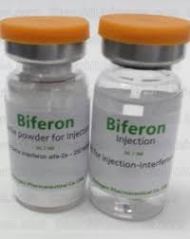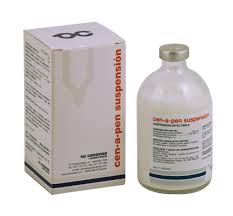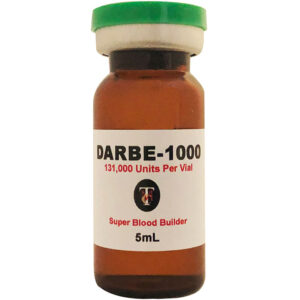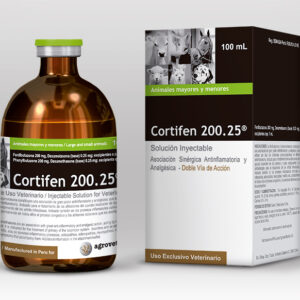BIFERON INJECTION to regulatory changes, the content of the following Patient Information Leaflet may vary from the one found in your medicine pack. Please compare the ‘Leaflet prepared/revised date’ towards the end of the leaflet to establish if there have been any changes.
If you have any doubts or queries about your medication, please contact your doctor or pharmacist.
Package leaflet: Information for the user
Betaferon 250 microgram/ml, powder and solvent for solution for injection
interferon beta-1b
Read all of this leaflet carefully before you start using this medicine because it contains important information for you.
- Keep this leaflet. You may need to read it again.
- If you have any further questions, ask your doctor, pharmacist or nurse.
- This medicine has been prescribed for you only. Do not pass it on to others. It may harm them, even if their signs of illness are the same as yours.
- If you get any side effects, talk to your doctor, pharmacist or nurse. This includes any possible side effects not listed in this leaflet. See section 4.
What is in this leaflet
1. What Betaferon is and what it is used for
2. What you need to know before you use Betaferon
3. How to use Betaferon
4. Possible side effects
5. How to store Betaferon
6. Contents of the pack and other information
Annex – self injection procedure
1. What Betaferon is and what it is used for
What BIFERON INJECTION is
Betaferon is a type of medicine known as interferon used to treat multiple sclerosis. Interferons are proteins produced by the body that help fight against attacks on the immune system such as viral infections.
How Betaferon works
Multiple sclerosis (MS) is a long-term condition that affects the central nervous system (CNS), particularly the functioning of the brain and spinal cord. In MS, inflammation destroys the protective sheath (called myelin) around the nerves of the CNS and stops the nerves from working properly. This is called demyelination.
The exact cause of MS is unknown. An abnormal response by the body’s immune system is thought to play an important part in the process which damages the CNS.
The damage to the CNS can occur within an MS attack (relapse). It can cause disability temporarily, such as difficulty walking. Symptoms may disappear completely or partly.
Interferon beta-1b has been shown to change the response of the immune system and to help to reduce disease activity.
How Betaferon helps fight your disease
Single clinical event indicating a high risk of developing multiple sclerosis: Betaferon has been shown to delay progression to definite multiple sclerosis.
Relapsing-remitting multiple sclerosis: People with relapsing-remitting MS have occasional attacks or relapses during which symptoms become noticeably worse. Betaferon has been shown to cut down the number of attacks and make them less severe. It reduces the number of hospital stays due to the disease and prolongs the time without relapses.





Reviews
There are no reviews yet.